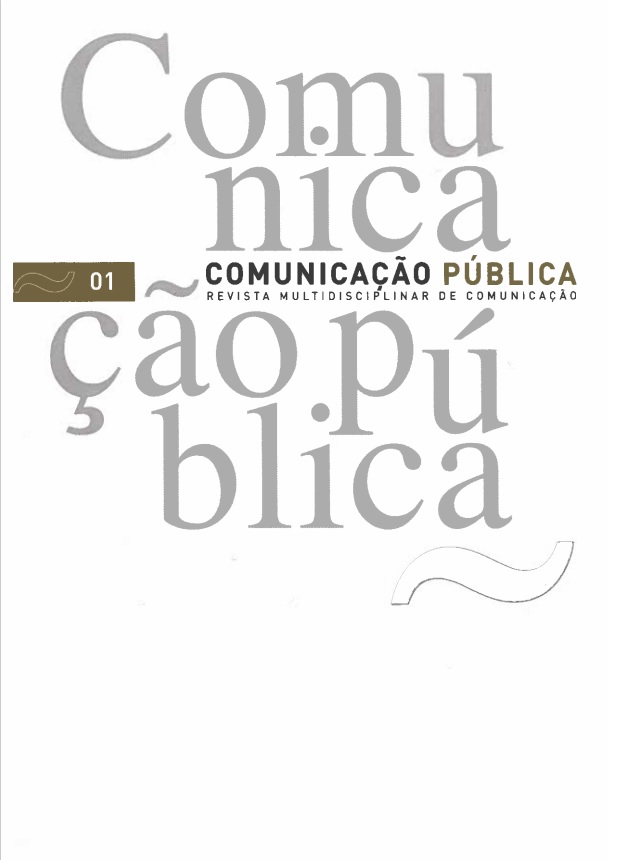Consumo e auto-estima
DOI:
https://doi.org/10.4000/cp.9858Palavras-chave:
self, auto-estima, consumo impulsivo, consumo excessivo, consumo de prestígio, possessões e materialismoResumo
Este trabalho insere-se no âmbito de um projecto de investigação internacional, tendo como principal finalidade estudar e analisar o impacto que os comportamentos de compra exercem na construção do self e se estes são passíveis de explicar algumas dimensões da auto-estima. Para o efeito, e tendo por base o instrumento desenvolvido por Quintanilla, Dittmar e Luna-Arocas (2000), foi levado a cabo um estudo empírico junto de 331 estudantes universitários, 229 em Portugal e 101 na Austrália. Os dados foram analisados em termos quantitativos e qualitativos, recorrendo-se às estatísticas descritivas e multivariadas. Para além disso, realizaram-se análises de conteúdo, procedendo-se a uma categorização prototípica e subsequente análise de semelhanças e lexicográfica. Considerando as discrepâncias do self nas suas mais diversas dimensões, podemos concluir que esta população possui alguns problemas de auto estima, nomeadamente nas suas dimensões físicas, emocionais e económicas, procurando encontrar em distintos e específicos comportamentos de compra uma possível solução para colmatar tais dissonâncias.
Downloads
Referências
Baudrillard, J. (1968/1988) The system of objects, in Poster, M. & Baudrillard J. ed., Selected writings. Cambridge, Polity Press.
Belk, R. W. (1988) Possessions and the extended self. Journal of consumer research, 15, pp. 139- 168. DOI: https://doi.org/209154
Descamps, M. A. (1979) Psychosociologie de la mode. Paris, Presses Universitaires de France.
Dittmar, H. (1992) The social psychology of material possessions. Hemel Hempstead, Harvester Wheatsheaf.
Feartherstone, M. (1991) Consumer culture and postmodernism. London, Sage.
Ferreira, S. (1998) Atitudes perante a sociedade, in J. Pais ed., Geração e valores na sociedade portuhuesa contemporânea. Lisboa, Gradegráfica, pp. 149-243.
Fournier, S. (1998) Consumers and their brands: developing relationship theory in consumer research. Journal of consumer research, 24, pp. 343-373. DOI: https://doi.org/10.1086/209515
Gardner, M. P. (1985) Mood states and consumer behaviour: a critical review. Journal of consumer research, 12, pp. 281-300.
Greenwald, G. A. & Banaji, M. R. (1989) The self as a memory system: powerful, but ordinary. Journal of personality and social psychology, 57 (1), pp. 41-54. DOI: https://doi.org/10.1037/0022-3514.57.1.41
Hirschamn, E. C. & Holbrook, M. (1982) Hedonic consumption: emerging concepts, methods and propositions. Journal of marketing, 46, pp. 92-101. DOI: https://doi.org/10.1177/002224298204600314
Inglehart, R. (1973) The silent revolution. Princeton, Princeton University Press.
Levy, S. J. (1959) Symbols for sale. Harvard business review, 37, pp. 117-124.
Luna-Arocas, R. (1999) Symbolic consumption and self-enhancement. International conference consuming markets, consuming means. Plymouths, UK.
Luna-Arocas, R. (2000) Buying identities: a process of self creation. International Conference IAREP. Vienna, Austria.
Markus, H. (1977) Self schemata and processing information about the self. Journal of Personality and Social Psychology, 35, pp. 33-78. DOI: https://doi.org/10.1037/0022-3514.35.2.63
Markus, H. & Kitayamak, S. (1991) Culture and the self: implications for cognition, emotion and motivation. Psychological Review, 98, pp. 224-53.
Quintanilla, I. (2002) Psicologia social del consumidor. Valência, Promolibro.
Richins, M. L. & Dawson, S. (1992) A consumer values orientations for materialism and its measurement: scale development and validation. Journal of consumer research, 19, pp. 303-315. DOI: https://doi.org/10.1086/209304
Triandis, H. C. (1989) The self and social behaviour in differing cultural contexts. Psychological review, 96 (3), pp. 506-520.
Warech, M. A; Smither, J. W.; Reilly, R. R.; Millsap, R. E. & Reilly, S. P. (1998) Self-monitoring and 360-degrees ratings. The leadership quarterly. 9, pp. 449-471
Publicado
Edição
Secção
Licença
Direitos de Autor (c) 2005 Copyright (c) 2005 Author

Este trabalho encontra-se publicado com a Licença Internacional Creative Commons Atribuição-NãoComercial 4.0.
Os conteúdos da Comunicação Pública estão licenciados com uma licença Creative Commons - Atribuição-NãoComercial 4.0 Internacional.




